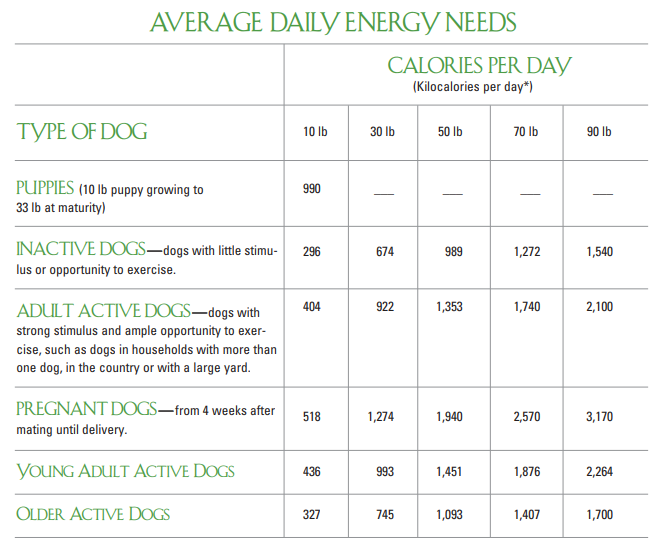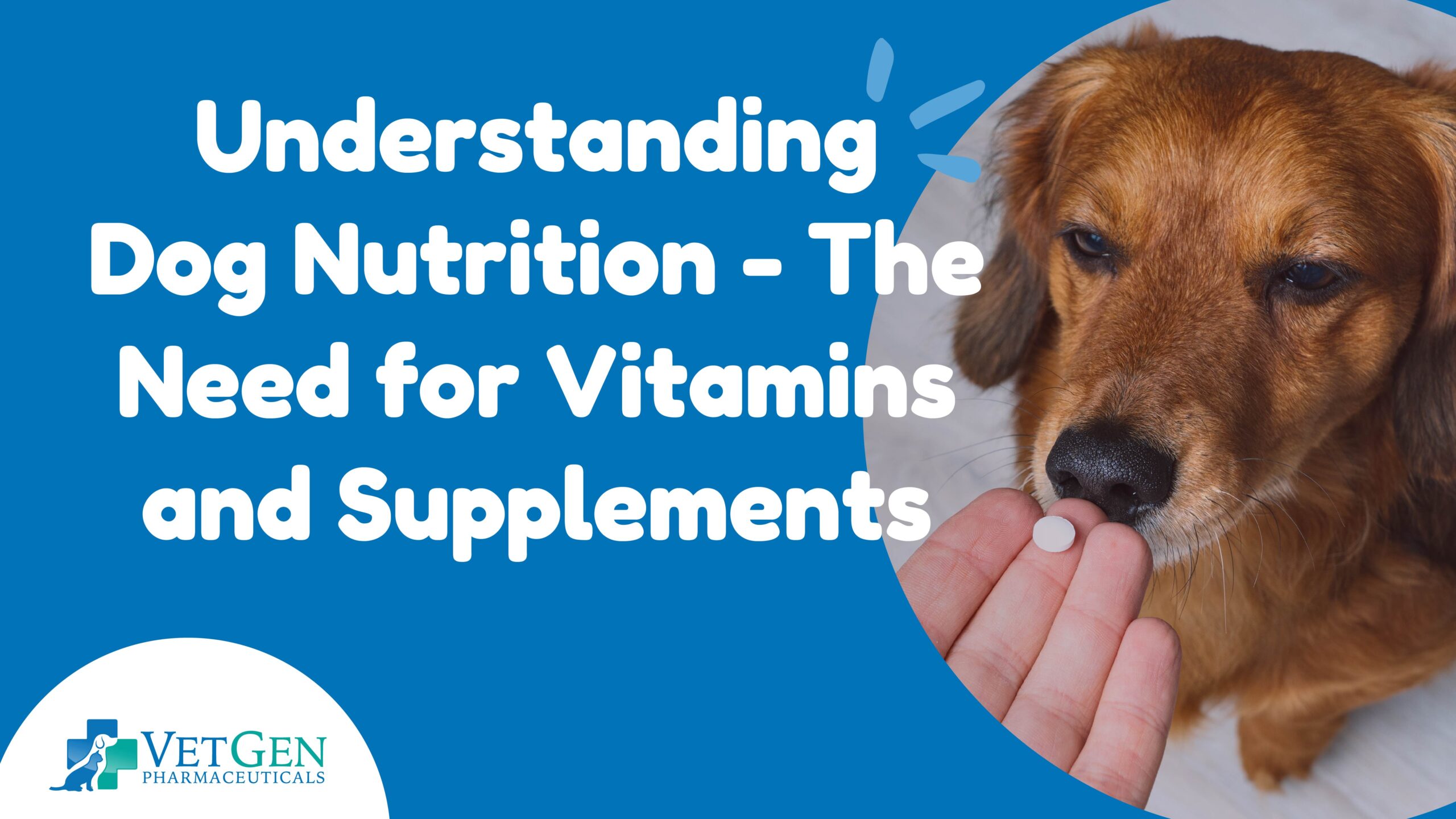Hey folks! We all pet owners know that having pets is not just all happiness, but it also comes with immense responsibility. Responsibility to ensure them of a healthy and quality life. But it isn’t as easy as it reads. Understanding dog nutrition can be complicated. Especially when it comes to vitamins and supplements for dogs.
We will find ourselves often asking, ‘Am I feeding my dog right? Are they getting all the good vitamins and supplements they need?’. In this blog we will learn more about the ins and outs of nutrition for dogs.
Does my dog need vitamins and supplements?
Heat stress can lead to:
- Age
- Size
- Breed
- Activity Level
- Health Status
Considering these factors, Here’s how you can assess your dog’s vitamin requirements:
Evaluation of Diet Quality of the Dog:
Alright, let’s take a look into Fluffy’s food bowl!
Take a good look at what your pup is chowing down on. Most commercial dog foods are solid when meeting basic nutrient requirements set by the Association of American Feed Control Officials standards. It outlines the minimum nutrient requirements for dogs.
But every dog is different!
Some might need a little extra boost, especially if they’re on a homemade diet or have specific health needs.
Consider Life Stages and Health Conditions:
Just like we humans, different life stages and health conditions may require adjustments to your dog’s vitamin intake. Puppies, seniors, and expecting mamas will need special attention when it comes to the vitamin department. Additionally, if the dog has any health issues, that also needs to be taken into account. Keeping all these aspects in mind we need to tailor a vitamin regimen for every dog’s separate needs.
Observe Signs of Deficiency or Excess Vitamin in Dogs:
After we consider the life stage and special cases of dogs, we need to keep an eye out for any signs or symptoms that may indicate a vitamin deficiency or excess.
Common signs of vitamin deficiency in dogs include
- Poor Coat Quality of Dogs
- Lethargy
- Weakness
- Digestive Issues
- Impaired Immune Function
While deficiency can lead to the above symptoms, excessive intake of certain vitamins can also lead to health problems. Behavioral changes or excessive thirst might be a few of the symptoms. So, finding the right balance is the key!
Monitor Your Dog's Response:
After we start a vitamin supplementation in our dog’s diet, we need to closely monitor the response. Looking for improvement in overall health coat condition, energy levels, and any changes in behavior or appearance might be the way to go.
Consult Your Veterinarian with Regular follow-ups:
The golden rule is: When in doubt, call in the experts. A vet is always our best resource for determining our dog’s nutritional needs. With regular check-ins, you’ll keep your dog feeling like a top dog in no time!
Learn more about 5 Essential Ways To Keep Your Dog Healthy here.
What are the nutrients my dog needs?
How much should I feed my dog? Does the food I’m providing meet my dog’s nutritional needs? According to the report Nutrient Requirements of Dogs and Cats by the National Research Council as part of its Animal Nutrition Series, it is stated that dogs mainly need a balanced mix of amino acids from proteins, fatty acids, carbohydrates, vitamins, minerals, and plenty of water.
Proteins:
- Proteins are crucial for muscle development, tissue repair, and overall growth.
- High-quality protein sources include meat, fish, eggs, and dairy products.
- Ensure that proteins form a significant portion of your dog’s diet, accounting for their predatory nature.

Fats:
- Fats provide a concentrated energy source for healthy skin, coat, and cell function in dogs.
- We can incorporate healthy fats from fish, flaxseed, and chicken fat into our dog’s diet.
- But we have to be mindful of the balance between omega-3 and omega-6 fatty acids.
Carbohydrates and Fiber:
- In your dog’s diet, carbohydrates are a big source of energy and fiber.
- We can choose whole grains, fruits, and veggies for lasting energy and nutrients.
- Adequate fiber intake helps regulate bowel movements and overall digestion in dogs.
Vitamins and Minerals:
- Vitamins and minerals help with various physiological functions, including immune system support, bone health, and metabolism.
- Some of the common vitamin deficiencies in dogs include vitamins A, D, E, and B-complex. While minerals like calcium, phosphorus, and zinc are also important for overall well-being.
Hydration For Dogs:
- Water is most important for regulating body temperature, aiding digestion, and maintaining hydration.
- We need to ensure that our dog always has access to clean water and monitor their intake, especially during hot weather or increased physical activity.

Vitamins Needed for Dogs?
In keeping your dog in tip-top shape, vitamins are important to their overall health and well-being. So, let’s get deeper into this:
Vitamin A for Dogs:
Vitamin A helps maintain healthy eyesight, skin, and coat in dogs. Plus, it also supports our pup’s immune system, keeping them ready to tackle any sniffles that come their way.
Vitamin B for Dogs:
We can think of the B vitamins as a little energy shot for dogs. They help dogs convert food into energy. It gives fuel to the dog for its daylong adventure.
Vitamin C for Dogs:
Just like in humans, vitamin C is a potent antioxidant for dogs. It helps fight off free radicals, keeping your dog youthful and vibrant.
Vitamin D for Dogs:
Vitamin D helps maintain strong, healthy bones and teeth. Dogs have a different metabolism when it comes to synthesis through sun exposure. So, it needs to be introduced in the diet instead of soaking in the sun.
Apart from these, we have
Vitamin E:
This is an antioxidant powerhouse that is essential for maintaining healthy cells and tissues. It helps support your dog’s immune system and protects against oxidative damage.
Vitamin K:
Vitamin K is responsible for proper blood clotting. It helps heal your pup’s wounds effectively and prevents excessive bleeding.
Vitamin B12:
B12 is crucial for the formation of RBCs (Red blood cells). It also helps the nervous system, ensuring your dog has plenty of energy to play and explore.

Vitamin B6:
It helps regulate metabolism and supports brain health. It keeps dogs sharp and maintains gut health.
Vitamin H (Biotin):
This vitamin is known for promoting healthy skin, coat, and nails. Biotin is a must-have that helps dogs look their best.
Vitamin B1 (Thiamine):
This supports proper nerve and muscle function, ensuring your dog’s body operates smoothly.
Best Supplements for Dogs
Omega-3 Fatty Acids for Dogs:
These supplements, derived from fish oil, aid skin/coat health and joint and cognitive function in dogs.
Glucosamine and Chondroitin for Dogs:
These supplements support joint health and mobility, especially in older dogs. They also help those with arthritis or joint issues.
Benefits of Probiotics in Dogs:
Probiotic supplements help with a healthy digestive system. It supports immune function by maintaining a balanced gut microbiome in dogs.
Multivitamins for Dogs:
Multivitamin supplements provide a comprehensive range of vitamins and minerals that may be lacking in a dog’s diet.
Antioxidants:
Vitamin E or C will neutralize free radicals and support dogs’ overall health and immune function.
Digestive Enzymes:
Aids digestion and absorption of nutrients, improving gastrointestinal health and nutrient utilization in dogs.
Joint Support Formulas for Dogs:
These supplements usually contain a blend of glucosamine, chondroitin, and hyaluronic acid to promote joint health and mobility.
Skin and Coat Supplements for Dogs:
Formulated with omega-3 fatty acids, biotin, and vitamin E, these supplements will help promote healthy skin and a shiny coat and reduce shedding in dogs.
Are There Risks Associated With Dog Vitamins?
While vitamins benefit dogs, but anything in access is not good. They also pose risks such as toxicity from overdosing, nutrient imbalances, side effects & interactions with medications, and masking underlying health issues.
Conclusion
Vitamins and supplements have huge benefits for dogs. They help maintain bone health, coat, digestion, mobility, and so much more. Vitamins and other nutrients are required to maintain the healthy well-being of the dog.
We should also always prioritize the advice of a veterinarian. The Vet will help determine the correct dosages and monitor our pets. This ensures that our dogs receive the best care and support for a happy, healthy life.






